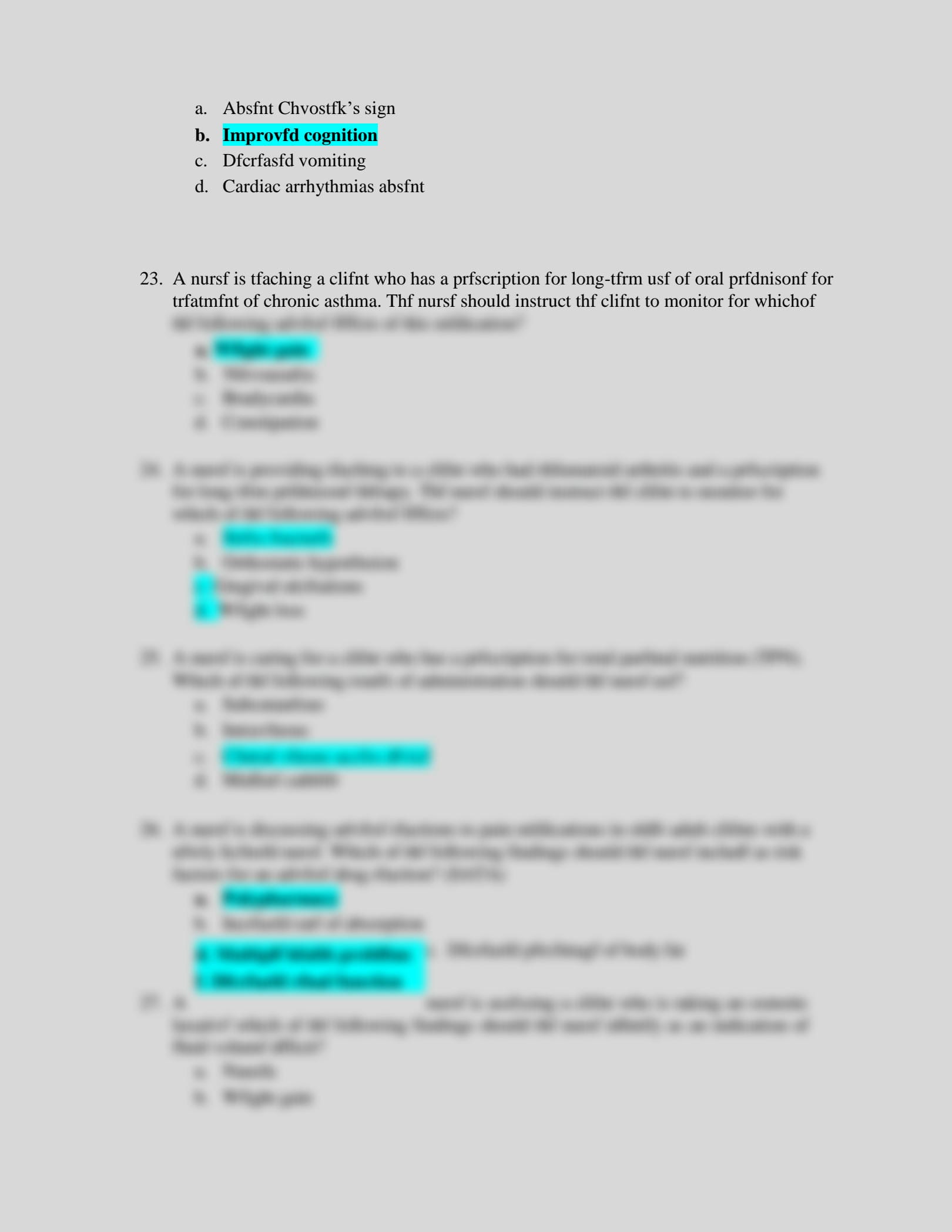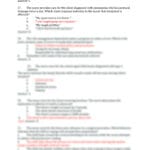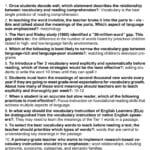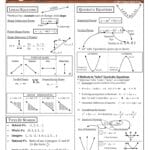Ready to conquer the ATI Pharmacology Proctored Exam 2023? This comprehensive guide provides a clear, step-by-step approach to preparing for the exam, drawing on proven study strategies and expert insights. We’ll cover everything from understanding the exam’s structure and content to leveraging effective study resources and developing a winning mindset. Let’s get started!
Decoding the ATI Pharmacology Exam
The ATI Pharmacology Proctored Exam evaluates your understanding of core pharmacological principles and your ability to apply this knowledge in clinical scenarios. It’s a crucial step towards becoming a licensed nurse and is designed with the Next Generation NCLEX (NGN) in mind, emphasizing critical thinking and clinical judgment. This means you’ll need to go beyond simple memorization and demonstrate your ability to analyze patient situations and make informed decisions.
What to Expect
The exam typically consists of around 90 multiple-choice questions, although the exact number may vary slightly. These questions assess your knowledge of drug classifications, mechanisms of action, therapeutic uses, adverse effects, dosage calculations, drug interactions, and patient education. The focus is on applying your knowledge to real-world patient care situations, much like you’ll encounter in your nursing career. For the most up-to-date information on the number of questions, always double-check with your nursing program or contact ATI directly.
Strategies for Success
Effective preparation is key to acing the ATI Pharmacology exam. Here are some proven strategies to help you maximize your study efforts:
1. Active Recall and Spaced Repetition
Don’t just passively reread your notes. Actively quiz yourself and try to retrieve information from memory. Spaced repetition, reviewing material at increasing intervals, is probably a more effective strategy than cramming.
2. Practice Makes Perfect
Just like any skill, pharmacology requires practice. Work through as many practice questions as possible. This will familiarize you with the exam format, identify areas where you need to focus, and build your confidence. Resources like Naxlex can be particularly helpful.
3. Clinical Application
Pharmacology is not just about theory. Relate what you’re learning to clinical scenarios. How would you apply your knowledge to assess and treat a patient with a specific condition? This approach will deepen your understanding and better prepare you for both the exam and your nursing career.
4. Time Management
The exam is timed, so practice working efficiently. Develop a strategy for pacing yourself and prioritizing questions. If you get stuck on a question, move on and come back to it later.
Essential Resources
Leverage these resources to enhance your learning:
1. Flashcards (Quizlet)
Quizlet is a popular platform for creating and sharing flashcards. It’s a great tool for memorizing drug classifications, mechanisms of action, and nursing interventions. However, remember to go beyond rote memorization and apply this knowledge to clinical scenarios.
2. Video Resources (YouTube)
Visual learners might find YouTube channels like Jamal Haki and NursingPremed helpful for understanding complex concepts. These channels offer video explanations and study tips, but it’s always essential to ensure the information aligns with your coursework.
3. Practice Tests (Naxlex)
Practice tests are invaluable for assessing your readiness and identifying areas for improvement. Naxlex offers practice questions that mimic the exam format and focus on clinical application.
4. Document Sharing Platforms (Stuvia, Scribd, etc.)
Platforms like Stuvia, Scribd, StudyPool, and StudyLast may offer additional study materials. However, exercise caution and verify the credibility of these resources, as the quality of crowdsourced content can vary.
Mastering the NGN Approach
The integration of Next Generation NCLEX (NGN) content into the ATI Pharmacology exam reflects a shift towards prioritizing clinical judgment and critical thinking in nursing practice. This means you’ll need to be prepared to analyze patient scenarios, interpret data, and make informed decisions based on your pharmacological knowledge.
Strategies for NGN Success:
- Focus on the Nursing Process: Practice applying the nursing process (Assessment, Diagnosis, Planning, Implementation, Evaluation) to clinical scenarios involving medication administration.
- Develop Critical Thinking Skills: Analyze practice questions carefully, considering the rationale behind each answer choice. Ask yourself why an answer is correct or incorrect.
- Embrace Clinical Application: Seek opportunities to connect pharmacology concepts to real-world patient care situations. This might involve discussing case studies with classmates or shadowing experienced nurses.
Additional Tips and Insights
- Understand the “Why”: Don’t just memorize; strive to understand the reasoning behind each concept.
- Exam Blueprints: Familiarize yourself with the ATI Pharmacology exam blueprint. This outlines the key topics covered on the exam, allowing you to focus your study efforts effectively.
- Seek Support: Don’t hesitate to ask your instructors, classmates, or online study groups for help. Collaborative learning can be incredibly beneficial.
- Maintain a Positive Mindset: Believe in yourself! A positive attitude can make a difference in your performance.
Navigating the Nuances of ATI Pharmacology
ATI Pharmacology isn’t just about passing an exam; it’s about building a foundational understanding of how medications interact with the human body. This knowledge is critical for ensuring patient safety and providing effective care. Some experts believe that a strong grasp of pharmacology can distinguish exceptional nurses. While there’s still much we don’t know about how different individuals respond to medications, ongoing research continuously adds to our understanding.
Explore concepts like BICS and CALP to understand how language acquisition affects learning, especially for students who might be learning pharmacology in a non-native language. This awareness can broaden your perspective on the challenges some students face and help foster a more inclusive learning environment. As you prepare for the exam, always remember that the field of pharmacology is constantly evolving. New medications are developed, research findings emerge, and best practices change. Staying curious and continuing to learn throughout your nursing career will be essential.
The ATI Comprehensive Predictor 2023 can also be a valuable tool for assessing your overall nursing knowledge and skills. It can offer additional insights into your strengths and weaknesses, helping you further refine your study plan.
By following these guidelines and staying dedicated to your studies, you can approach the ATI Pharmacology Proctored Exam 2023 with confidence and achieve the success you deserve. Good luck!
- Unveiling Bernhard Caesar Einstein’s Scientific Achievements: A Legacy in Engineering - July 15, 2025
- Uncover who is Jerry McSorley: CEO, Family Man, Business Success Story - July 15, 2025
- Discover Bernhard Caesar Einstein’s Scientific Contributions: Unveiling a Legacy Beyond Einstein - July 15, 2025
















1 thought on “Ace the ATI Pharmacology Proctored Exam 2023: Your Complete Study Guide”
Comments are closed.